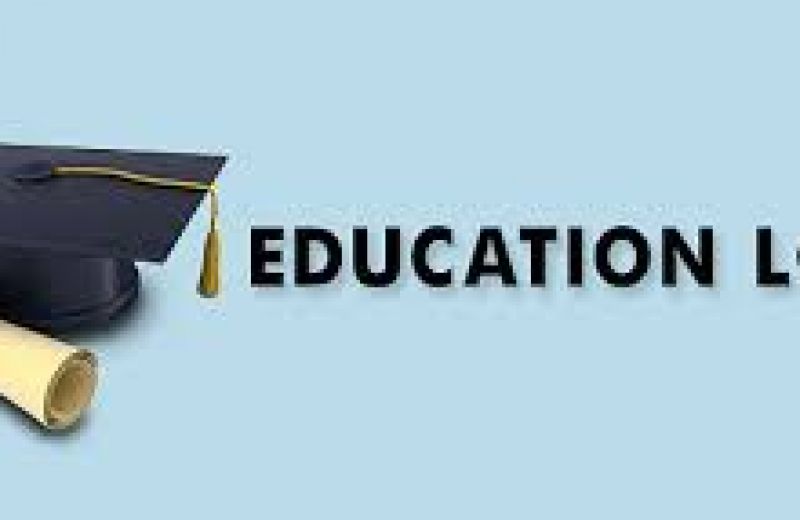Education Loan
An education loan is a financial product designed to help students and their families cover the costs of higher education, including tuition fees, books, accommodation, and other related expenses. Here's a detailed description:
1. *Purpose*: Education loans are specifically meant to finance the cost of education, including undergraduate, graduate, and professional degrees.
2. *Lenders*: These loans are typically offered by banks, credit unions, government agencies, and private financial institutions.
3. *Eligibility*: Eligibility criteria vary but generally include factors such as the student's academic record, the chosen course or institution, the borrower's creditworthiness, and sometimes the co-signer's financial stability.
4. *Loan Amount*: The loan amount can cover tuition fees, living expenses, books, travel, and other related costs. It's often determined based on the total cost of attendance minus any financial aid received.
5. *Interest Rates*: Interest rates can be fixed or variable and are usually determined by the lender's policies, the borrower's credit score, and prevailing market rates. Government-backed loans may have lower interest rates compared to private loans.
6. *Repayment Terms*: Repayment typically begins after a grace period, which may vary depending on the loan agreement or the student's enrollment status. Repayment plans can vary from standard plans to income-driven repayment options.
7. *Cosigner*: Many students, especially those without a credit history or with limited income, may require a cosigner (often a parent or guardian) to secure the loan. The cosigner is equally responsible for the repayment of the loan.
8. *Government-backed Loans*: In many countries, government-backed loans, such as Federal Student Loans in the United States or the Canada Student Loans Program, offer more favorable terms and conditions compared to private loans.
9. *Tax Benefits*: In some countries, borrowers may be eligible for tax benefits on the interest paid on education loans, providing additional financial relief.
10. *Impact on Credit Score*: Timely repayment of education loans can positively impact the borrower's credit score, while defaulting on payments can have severe consequences, including damage to credit history and potential legal actions.
11. *Loan Forgiveness and Discharge*: Some education loans offer forgiveness or discharge options for borrowers who meet certain criteria, such as working in public service or experiencing total and permanent disability.
Before applying for an education loan, it's essential to carefully consider the terms and conditions, compare different lenders, and assess the long-term financial implications to make an informed decision
Interest Rate 14%

